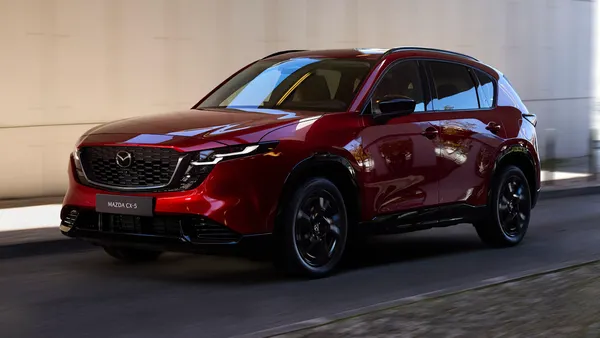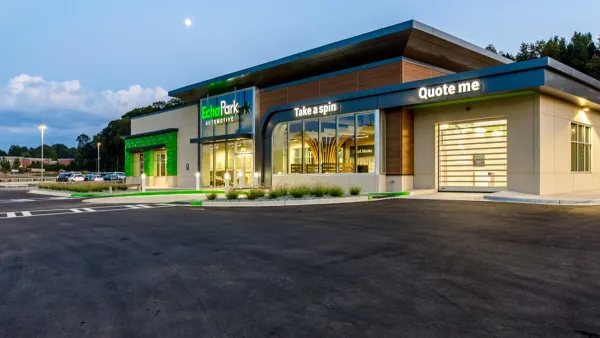Editor's note: This story is part of the WardsAuto digital archive, which may include content that was first published in print, or in different web layouts.
Scott Painter says he wants to help dealers sell more cars. So why is the founder of TrueCar.com under attack by auto-retail people on social-network blogs and elsewhere?
Painter contends he is the dealer’s friend when selling them his Zag/TrueCar lead-generation program. Then he says he is the consumer’s friend in their price battles with dealers. Is it possible to take both sides of the same issue at the same time?
He also says he wants to transform the industry by commoditizing new vehicles, which eliminates the need for salespeople and marginalizes losses. Have we been down this road before?
TrueCar has grown dramatically, making enough inroads to raise $200 million from venture-capital investors with which the firm promptly purchased Automotive Leasing Guide, the industry’s highest-profile residual value predictor.
In a nutshell, TrueCar as an online lead provider offers dealers a deal that seems hard to refuse. They only pay for online leads that are closed as sales.
In the fine print is an agreement to give TrueCar access to information in dealership management systems. After all, how will TrueCar know how much to bill at the end of the month for the closed and delivered leads without verification?
But the firm also harvests data, in particular transaction-pricing information that TrueCar shares that with car consumers visiting its website. After seeing what other people paid for the same vehicles they are interested in, they can make an offer.
Painter says that pricing data does not come from DMS units. Even if it doesn’t, it puts additional pressure on dealers under the guise of providing “a public service.” Is there another industry where consumers feel they have the right to know a seller’s actual true costs?
Eventually dealership people, led by Jeff Kershner, figured out what was going on.
Now, an industry movement is swelling against TrueCar. There is plenty of information on industry social-network blogs, with more being added by the minute. Hundreds of people have weighed in. Jim Ziegler’s blog has had more than 12,000 views.
“There really is only one way to stop this nonsense with vendors,” says dealer Tamara Darvish of the Darcars Automotive Group in Maryland.
That requires “a gentleman’s agreement” among dealers not to exchange DMS data for leads, she says. “Unfortunately, greed and ignorance often take priority with some, rather than logic and long-term planning.”
TrueCar’s Devin LaCrosse provides the other side of the story.
By enabling participating dealers to provide upfront, no-haggle price quotes, TrueCar has helped over 5,500 dealers nationwide sell over 400,000 new and used vehicles, he says.
TrueCar lowers dealership selling costs “by providing high-quality customers and no need for haggling,” and provides free transaction-based pricing data “to help dealers price vehicles scientifically.”
Some would say TrueCar is not incrementally increasing vehicle-sales volume, just lowering dealers’ gross profits. Some dealers are doing more volume at the expense of others, but there is no evidence more vehicles are sold.
Kershner, Ziegler and others think dealers unwittingly are enabling Painter to transform the auto business based on his perception of how it should operate.
Why are dealers going along with what seems like a self-defeating initiative? Many were caught unaware. They need to thoroughly read their contract with TrueCar.
Dealers who have just learned what is happening are up in arms. Many are as angry at themselves as they are with Painter and his firm.
Everyone can draw their own conclusions. But some people are taking it very seriously. Ziegler calls it “the Battle of Armageddon for car dealers.”
WardsAuto Dealer Business columnist David Ruggles is a former dealership general manager.









